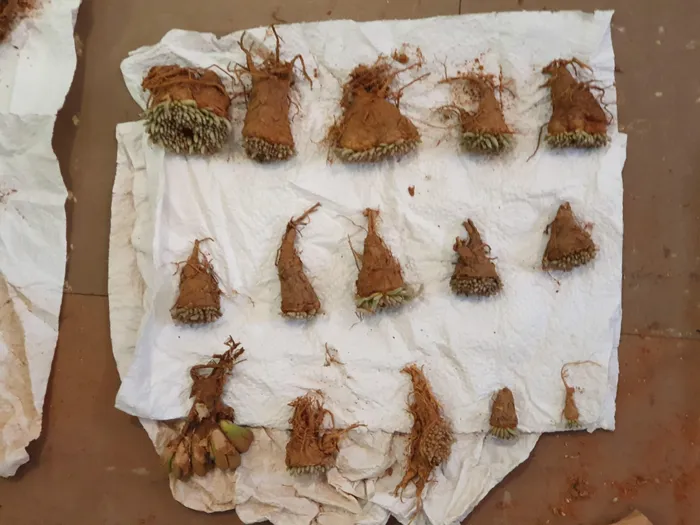Illegal plant trade and poaching: A growing concern for South Africa's ecosystems

Illegal plant trade and poaching are a growing threat to South Africa's unique ecosystems and natural resources.
Image: CapeNature
Biodiversity crime, from illegal plant trade to poaching, is a growing threat to South Africa's unique ecosystems and natural resources.
CapeNature said the illegal plant trade in the Western Cape is linked to poaching and picking of wildflowers in protected areas without a permit.
These acts contribute to the degradation of biodiversity and the loss of crucial natural resources.
General manager for advocacy at CapeNature, Petro van Rhyn, said biodiversity crime was growing.
Van Rhyn said between April and June 2025, CapeNature officials registered 12 cases, eight involving flora and four involving fauna.
CapeNature also issued 23 fines - four for contraventions of the Marine Living Resources Act and 19 for contraventions of the Nature Conservation Ordinance.
Of the19 fines, 15 were for offences involving wild animals and the others involved flora.
Anton Bredell, Local Government, Environmental Affairs and Development Planning MEC, said the numbers showcased the growing rise in the illegal trade.
“These statistics reflect the seriousness of biodiversity crime in the province and our ongoing efforts to strengthen compliance and enforcement along with our partners,” he said.
“Every action we take to stop the illegal harvesting and trade of species contributes to conserving the Western Cape’s globally significant ecosystems.
“We are especially appreciative of the many partnerships we have with other government agencies, conservation partners, industry groups and communities who assist us in these efforts.”
CapeNature said the Western Cape is home to the Cape Floristic Region, one of the world’s six floral kingdoms and a recognised UNESCO (United Nations Educational, Scientific and Cultural Organization) World Heritage Site.
Yet nearly 16% of the province’s species and over 50% of its ecosystems are considered threatened.
Illegal activity places additional pressure on already vulnerable landscapes, impacting biodiversity, local economies, and food security.
CapeNature’s compliance and enforcement approach is rooted in multi-agency collaboration with units of the South African Police Service (SAPS), such as the Hawks and the Stock Theft and Endangered Species Units, and with many other partnerships across law enforcement and prosecuting authorities.
Enforcement forms part of a broader strategy to disrupt biodiversity crime while supporting sustainable development and conservation-based livelihoods across the province.
Get your news on the go, click here to join the Cape Argus News WhatsApp channel.
Cape Argus
Related Topics: